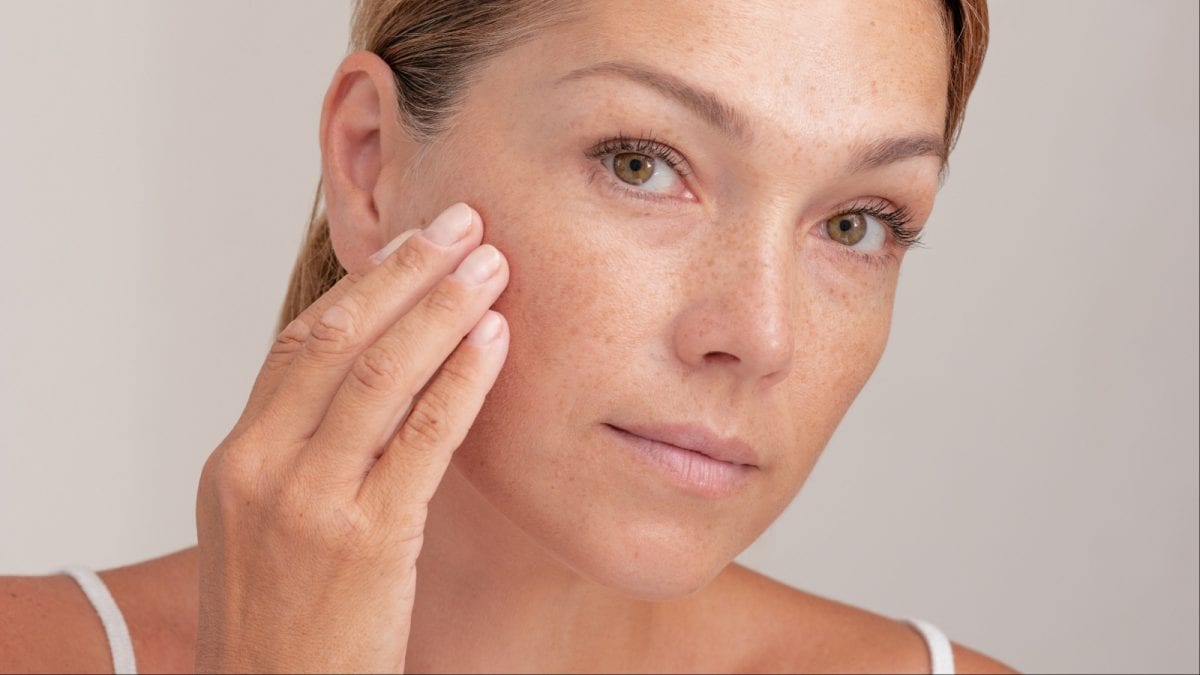Last Updated:
While DIY methods may seem affordable and convenient, consulting a qualified dermatologist is the best way to achieve healthy, glowing skin without unnecessary risks.

One of the biggest dangers of DIY skincare is the use of harsh or untested ingredients
DIY skincare has recently gained popularity, with many people turning to home remedies and social media trends for skin care. While some natural ingredients can be beneficial, the risks of DIY skincare often outweigh the benefits. Without proper knowledge, using incorrect products or methods can lead to skin damage, infections, and long-term issues. Dr Chandni Jain Gupta, Dermatologist, Pristyn Care Elantis shares all you need to know:
One of the biggest dangers of DIY skincare is the use of harsh or untested ingredients. Many online recipes recommend lemon juice, baking soda, or undiluted essential oils, which can cause severe irritation, burns, or allergic reactions. Without a professional understanding of skin types and conditions, people may unknowingly worsen their skin problems rather than improve them.
Another common mistake is improper exfoliation. Many DIY scrubs use sugar, salt, or coffee grounds, which can create micro-tears in the skin, leading to inflammation and sensitivity. Over-exfoliation can weaken the skin barrier, making it more prone to infections and breakouts.
Additionally, some homemade treatments can lead to long-term skin damage. For example, using undiluted apple cider vinegar as a toner may disrupt the skin’s natural pH balance, causing dryness and irritation. Likewise, applying toothpaste to pimples can lead to burns and scarring.
It’s also important to note that not all DIY remedies suit every skin type. A treatment that works for oily skin may be too harsh for dry or sensitive skin. Understanding your skin type is crucial before trying any home remedy. Using the wrong DIY solution can lead to breakouts, irritation, or even worsen existing skin conditions. If you’re unsure about what suits your skin, it’s best to consult a dermatologist before experimenting with homemade treatments.
Professional dermatological treatments, on the other hand, are backed by science and tailored to individual skin needs. Dermatologists use clinically tested products and advanced procedures, such as chemical peels, laser therapy, and prescription treatments, ensuring safer and more effective results.
Investing in expert skincare not only prevents potential harm but also provides lasting improvements. While DIY methods may seem affordable and convenient, consulting a qualified dermatologist is the best way to achieve healthy, glowing skin without unnecessary risks.
#Dangers #DIY #Skincare #Professional #Dermatological #Treatments #Yield #Results










